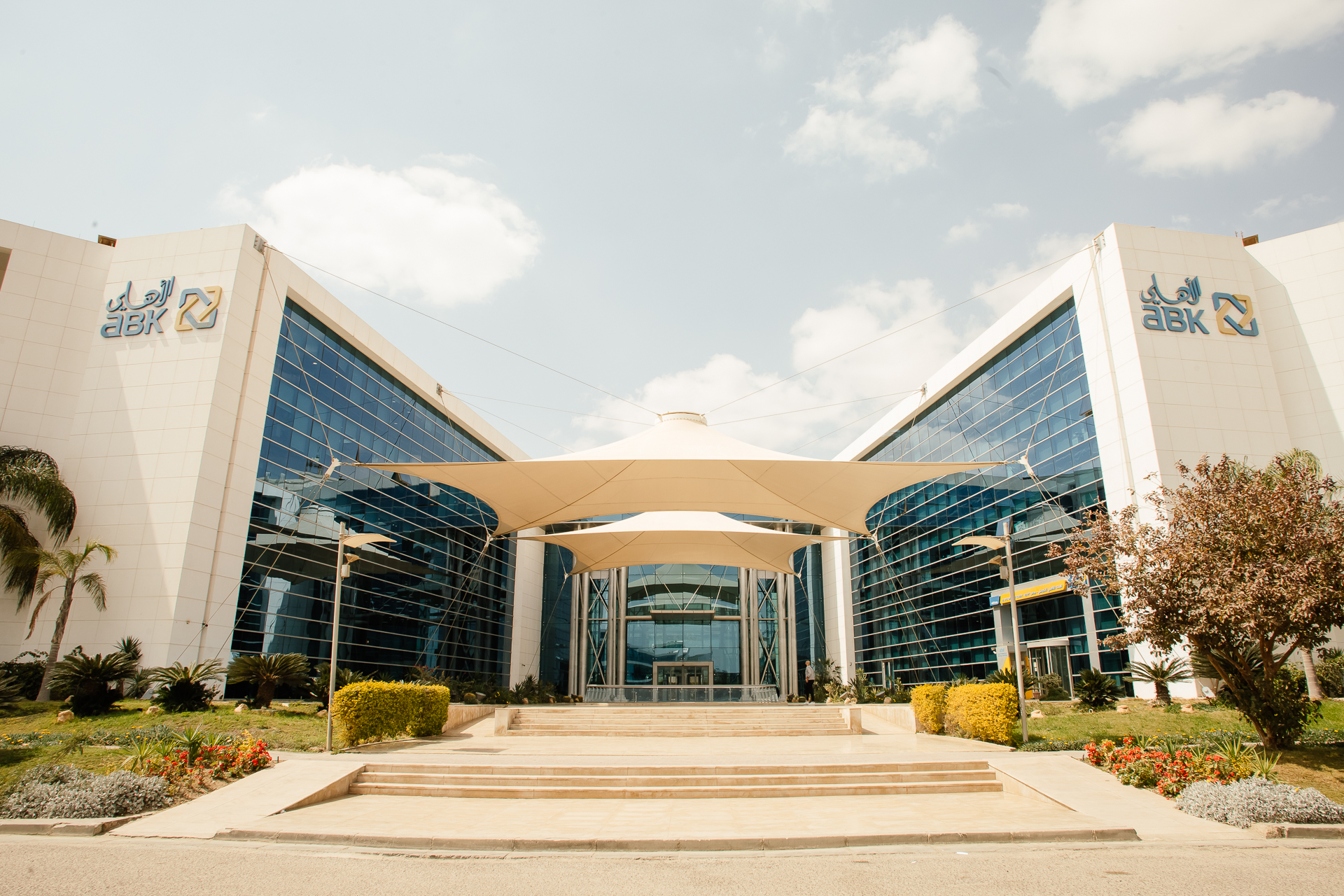Al Ahli Bank of Kuwait – Egypt SMEs portfolio reaches 25% of its total loans portfolio
Font size
Al Ahli Bank of Kuwait – Egypt (ABK-Egypt) announced increasing the ratio of Small and Medium Enterprises (SMEs) sector credit portfolio to reach 25% of the Bank’s total loans portfolio in September 2023. This comes in line with the requirements of the Central Bank of Egypt (CBE), which stipulates that banks raise their SMEs financing portfolio to 25% of the total financing portfolio. The Bank has recorded a year-on-year growth rate of 27% in SMEs loans portfolio over the course of the year, standing at EGP 5.2 billion by the end of September 2023.
Stemming from the Bank’s belief in the importance of this vital sector in achieving sustainable growth, ABK-Egypt has set an integrated strategy since it started its operations in Egypt with the objective of growing its SMEs portfolio. The strategy was set on a number of pillars starting with a full restructuring of the SMEs function, attracting highly qualified calibers, and incorporating new segments in the fields of manufacturing, agriculture, trade, contracting and technology. The Bank has also launched a bundle of specialized financing programs with simplified procedures and a speedy process of issuance in addition to providing advisory services to ensure fully meeting the needs of this sector throughout all stages. These initiatives helped the Bank in reaching out to promising entrepreneurs in an attempt to support national directions towards decreasing unemployment rates and creating job opportunities, supporting local manufacturers in facing foreign products, increasing exports and ultimately achieving sustainable economic, financial and social stability.
It is worth mentioning that the Central Bank of Egypt issued a set of procedures in 2021 within the framework of a comprehensive state plan to support this segment given their strategic importance in achieving economic growth. These procedures encourage banks to diversify credit portfolios and increase focus on financing micro, small and medium enterprises, which provides an opportunity to integrate greater numbers of non-banking clients into the banking sector, positively impacting growth in financial inclusion rates that leads to Egypt’s economic stability over the coming period.












